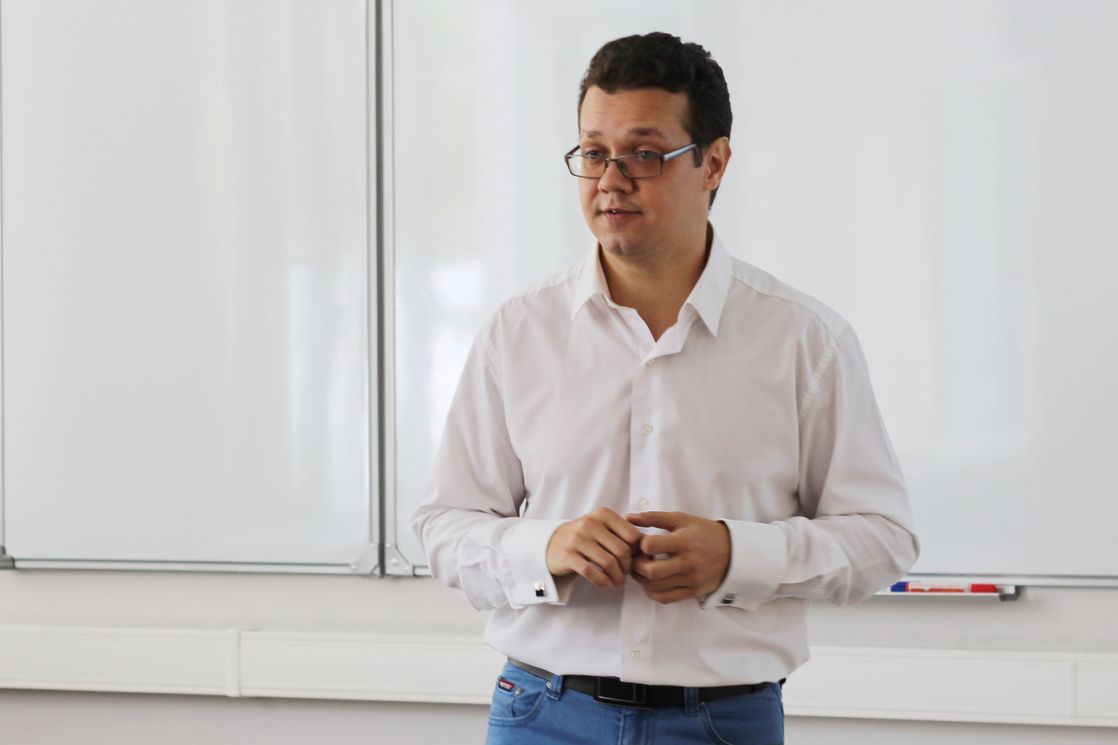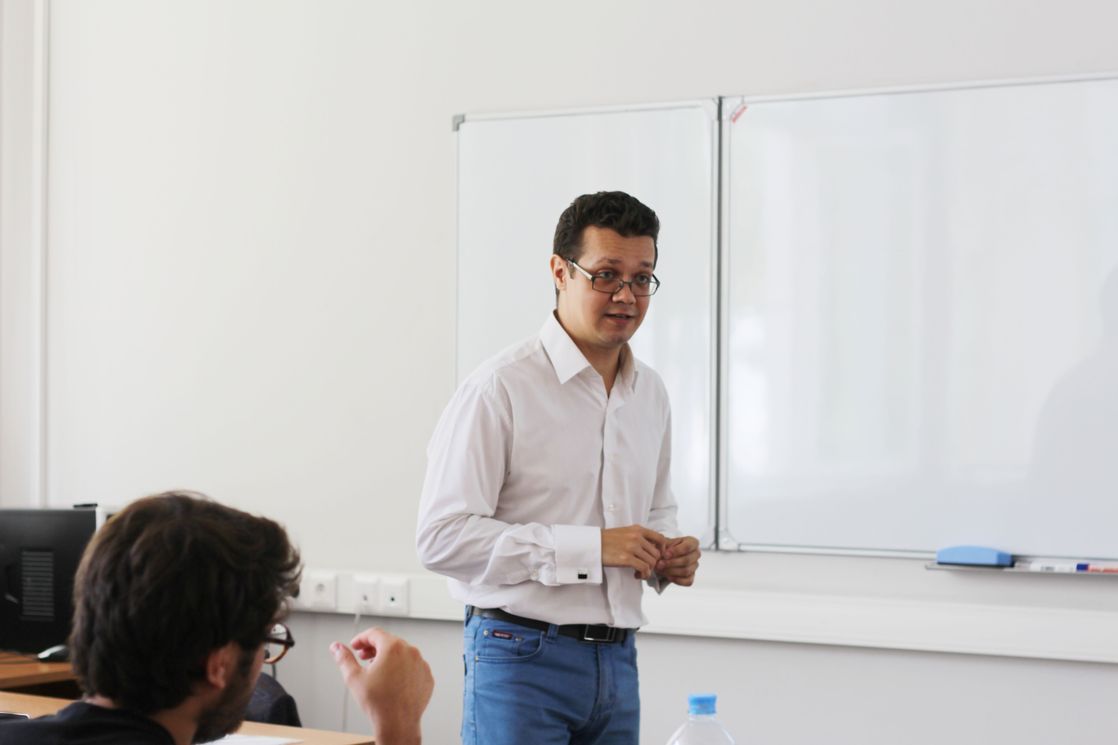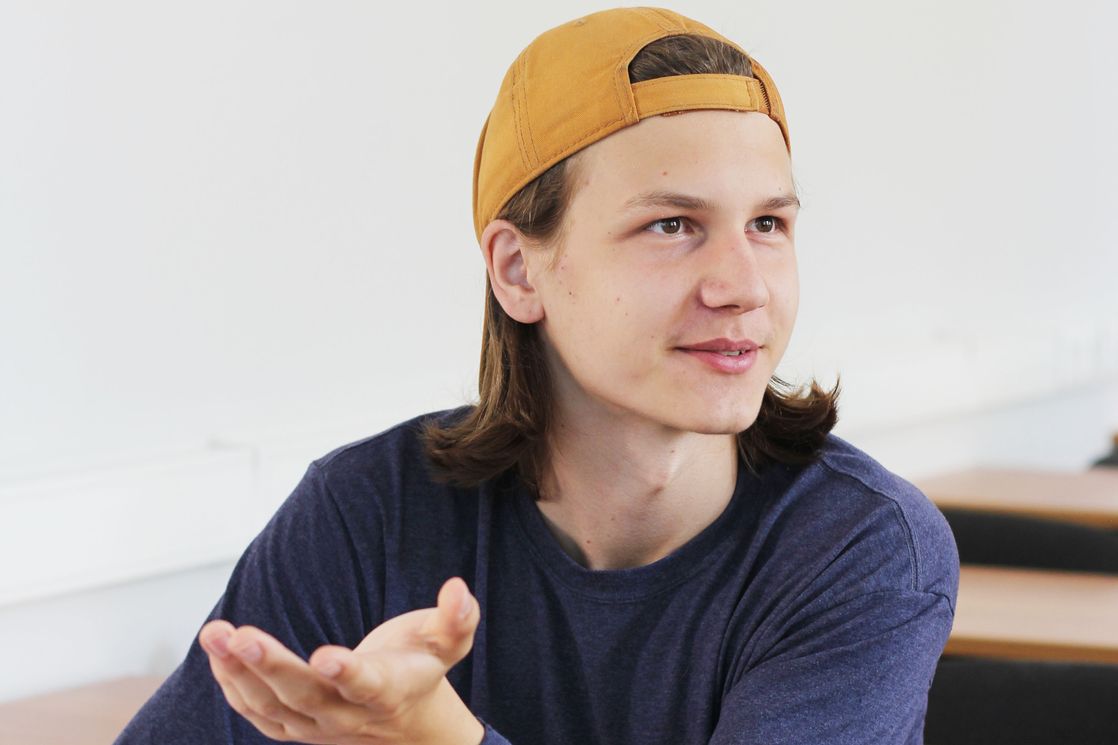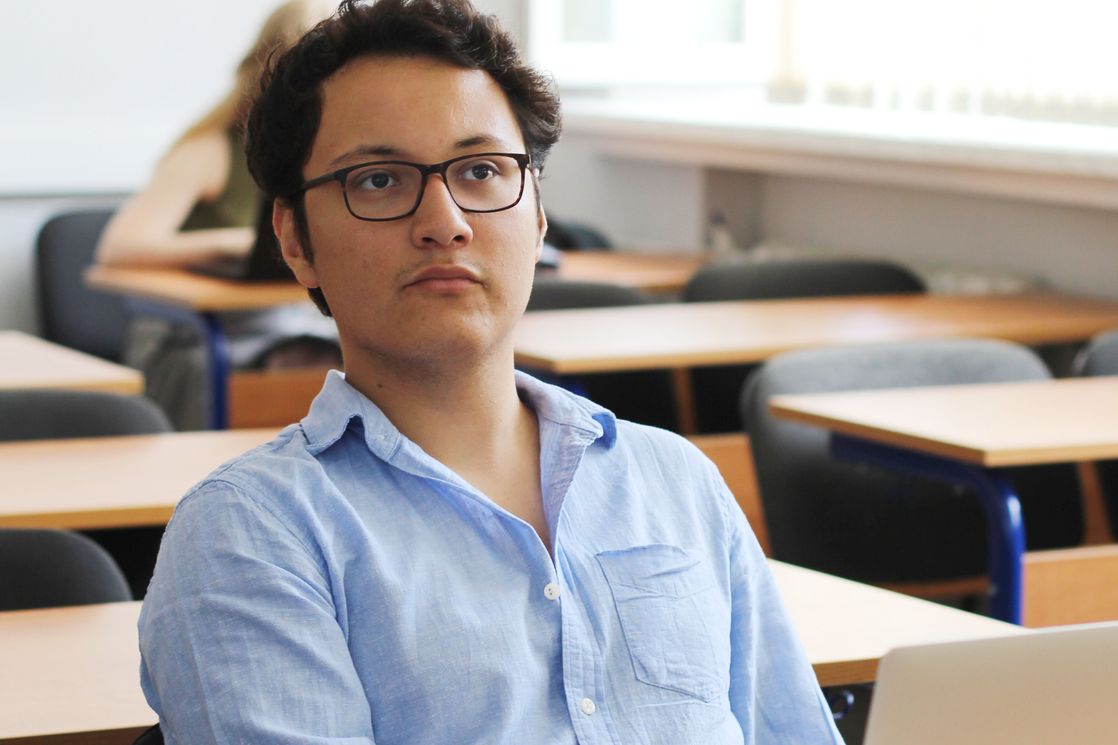Economic History of Russia: Features of Economic Development
In summer 2018 the HSE International Summer University in cooperation with the HSE Faculty of Economic Sciences offers a new course - Economic History of Russia: Features of Economic Development by Associate Professor Alexey Rakov
Nadezhda Vasilieva, Faculty of Economic Sciences rising sophomore, is talking to Alexey Rakov
I’m wondering for how long you are teaching the course of Economic History in Russian.
Well, I’m teaching Economic History since 2011, therefore, it’s for already seven years. I’m trying to improve the course step by step using students’ feedback.
Presumably your course at the International Summer University is different from the one you are regularly teaching for Russian students on the Faculty of Economic Sciences. Could you specify, in what ways and why it is different?
There are truly many differences, but let me briefly describe the main ones. First of all, one should notice that my course in Russian includes not only Russian economic history, but of the world as well so the scope is different, while at the Summer University international students are more interested to know features of Russian economy and its development within the world trends, but it’s very flexible, i.e. if I see that something is wrong I can correct it immediately. In addition to this since the courses are taught in different languages the sources and literature are also distinct.
Secondly, one can argue that foreigners want to know more of the Russian genetic code and peculiarities that may have the influence on the mentality in the form of traditions or other phenomena. This means that I have to direct the students to these phenomena first so that they could actually understand all circumstances in a better way with a historical context fully presented, while teaching Russian students as a rule I have no need to do so keeping in mind that my students in many regards are probably already aware of such phenomena and need to be told just an overview.
Thirdly, my Summer University course duration is just 16 days (not four months like the course in Russian), thus, we have four days with classes per week which is quite a lot. In this sense I should be very precise giving homework so that my international students could be able to handle it in time and not be angry with me.
What makes your course so distinctive that every time for the last five years you are chosen by the students as the ‘best teacher’? What is so special you need to do in order to motivate students and to make them want studying the course?
I think it’s a question rather to my students (big thanks to them anyway!), but let me suggest several ideas on that. It’s always a challenge to me every time. Firstly, I’m trying to get into students’ problems and do my best in order to help them but within the system I established with no exceptions. The system of dealing with the course and grading students must be transparent and clear. Presumably teachers might be subjective while grading so why not to take it into account in advance and not to place it inside the system? This is what I surely did. If student feels like the lecturer was not impartial to him he has a right to ask for the ‘advances’ twice per course. Advances mean that the lecturer gives an extra point to student on a concrete seminar. A student is allowed to ask for advances only during the day when the seminar took place. If student asks for advances it presumably means that on the next seminar he has to get +1 point to the grade he has got thanks to advances which leads to additional motivation.
Besides, my experience tells me that there always are some students who don’t feel like talking and taking part in the common discussion. However it’s my duty to somehow grade them. Then I decided to introduce a second extra credit opportunity which is short written quiz in the beginning of every seminar. Adding to these deadline policy, retake requirements and clear understanding of what students can do in terms on getting the desired grade is usually good enough as far as the system is concerned.
In the second place I have to make the course being interesting and attractive to all or almost all students which means that just giving boring lecture or seminar is never enough and I should be thinking of some enlivening or sort to say brightening up with intelligible metaphors, jokes, interesting cases or poems which students like the most. There are two usual cases when I recite poems: devotion to a concrete historical person or event and in order to inspire my students before the test or essay. During the seminar I tend to transfer the discussion into an intellectual debate, provocative dialogue in a way that aims to help students to better understand my thoughts and to build up theirs in a logical and coherent way using causality. Moreover I have a special rubric called ‘To Whom It May Concern’ at the social network where I use to cite anonymously the most absurd and ridiculous answers of my students who in turn while reading this rubric have a better motivation not to accept such cases.
And probably the last but not the least – I’m trying to be as supportive as possible, providing my students with 24/7 online support.

Alexey Rakov was selected by HSE students as one of the best teachers in the last five consecutive years, when he was teaching the course for the freshmen at the Faculty of Economic Sciences in Russian.

The course Economic History of Russia: Features of Economic Development covers a time span between Russian early state during the period of feudal fragmentation to the end of the USSR. The aim of the course is to identify the turning points, reveal endogenous and exogenous causes of reforms, and analyze the key aspects of the economic history of Russia, providing students with a clear understanding of some features of Russian history as well the correlation between Western and Russian economic development.

Christopher Brooks (North Carolina School of Science and Mathematics) – Christopher answers in Russian
Меня зовут Крис Брукс. Я взял этот курс, потому что мне нравится экономика, и я хотел больше классов попробовать. Я знал, что лето я проведу в России, и из-за этого я брал этот курс. Пока что мне очень нравится, мне интересно, что мы делаем, но иногда чтение на русском для меня очень трудно
My name is Chris Brooks. I chose this course because I liked economics and I wanted to try out some more classes. I knew that I was going to spend the summer in Russia, so I took this course. So far, I really like it; what we have been doing has been very interesting, but sometimes it's very difficult for me to read in Russian.
Emilio Moreno (Instituto Tecnologico Autónomo de México)
I’ve chosen the course Economic History of Russia because I think it is really interesting to get to know a little bit of Russian history. It is a country that we do not study a lot in Mexico. So, getting to know the history and the way of economic and society has been developing it’s interesting. It is being nice for the couple of days we been here

Salvador Quintanar (Instituto Tecnológico Autónomo de México)
I chose this course for the same reasons as Emilio. We do not learn a lot about Eastern history in Mexico. This has been a good opportunity to get to know another culture and history and to discover parallels between Russian and Mexican history.
